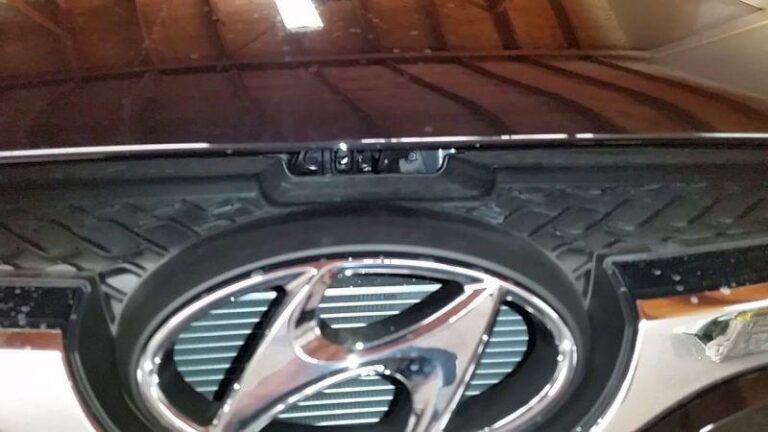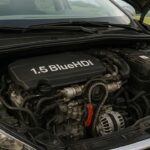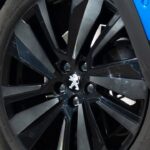In September 2017, 18 recalls concerning 28 cars from 14 carmakers were issued, according to the Rapid Alert System for Non-Food Products (RAPEX). Most recalls were announced by BMW (3x), Fiat and Ford (both 2x). Citroën, Hyundai, Land Rover, Lancia, Maserati, Mercedes, Peugeot, Renault, Seat, Smart and Toyota issued one recall each. The oldest recalled cars are from 2011 (BMW) and 2012 (Ford).
In the August summary, we wrote about the frequent occurrence of dangerous defects in three related vans and minibuses made by Peugeot, Citroën and Toyota. Right at the start of September, another recall for Spacetourer, Jumpy, Traveler, Expert and ProAce models were issued. The defect no. 9 is related to starter relay, which may cause a spontaneous start and unwanted movement of the vehicle. Peugeot Expert, in this link, represents all of the previous problems of these French-made vans. However, all of its siblings are just the same.
Even though Hyundai does not report defects to Rapex very often, when it comes to a major one, the Korean automaker just has to do it. Last year, the Koreans recalled Tucson models over a faulty hood lock, that could cause the hood to open while driving. In September 2017, another recall was announced but this time for the Santa Fe and Grand Santa Fe models from 2013 to 2016, due to the same issue.
BMW filed three recalls in September. The M6 (Coupé and Cabrio) and the X3 series produced in 2011 and 2012 suffer from a poorly welded front airbag inflator case, which fragments can be fatal to passengers. The series 5 and Gran Turismo 6 models made from January to September 2017 may have defective seatbelt locks, while this summer’s X1 model has a gearbox connector that could disconnect and cause a spontaneous shift to neutral and could disable the car’s driving.
Risk of Fire
Although the Range Rover Velar has been produced only for a few months, it seems it inherited the defects of its older predecessors. Velars powered by the same two-liter diesel engine used in the Range Rover Sport could suffer from a diesel leak through the return line with the possible risk of fire.
Maserati’s Ghibli, Levante and Quattroporte models are at risk of a fire as well. However, in their case the fault is caused by incorrectly installed seat cabling. Therefore, a fire could start in the luxurious interior rather than in the engine area as in Velar’s case.
Seatbelts and Airbags
Ford recalled its Kuga model twice this September. The first time (production 2012 – 2014) concerned the possibility of fire during the activation of the seat belt pretensioner and the second time (production 2015 – 2016) due to the possible blockage of the side and knee airbag. The C-Max and Focus suffer from the same problem.
Fiat also announced two recalls. Last year’s Punto Vans were produced with a poorly pressed seat belt pretensioner, while Ducato vans made from March to June 2017 left the factory fitted with incorrect tire sets. Lancia recalled its Ypsilon models over poorly welded child seat attachment points ISOFIX on the right rear seat.
In September, the Volkswagen Group was represented by Seat. The recall was sparked by a poorly tightened steering column bolt, a defect that affects Ibiza models made from the end of January to the middle of July this year. The defect may cause a sudden movement in different directions than the driver intended.
Even Mercedes-Benz was not spared this September. It was reported that rear seat belt pretensioners may not work correctly in the event of a collision in the Class E made from 2016 to 2017. Both the Smart Fortwo and Forfour produced between 2014 and 2015 were called back due to the unintended extension of the handbrake cable.
-rb-










Currently 5219 Recalls